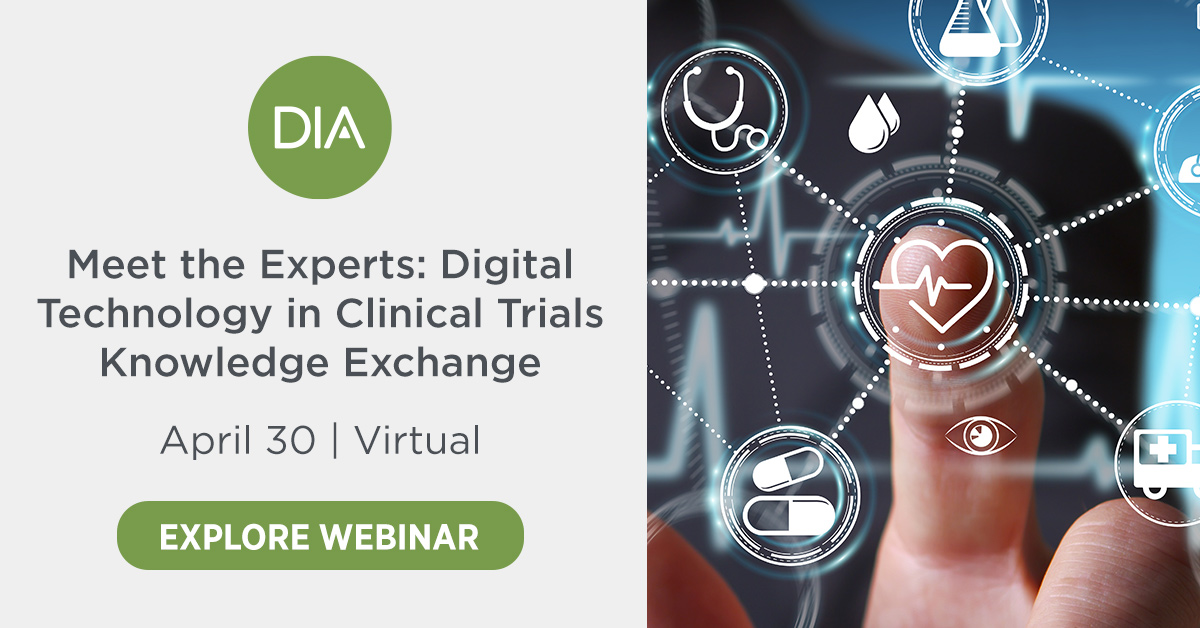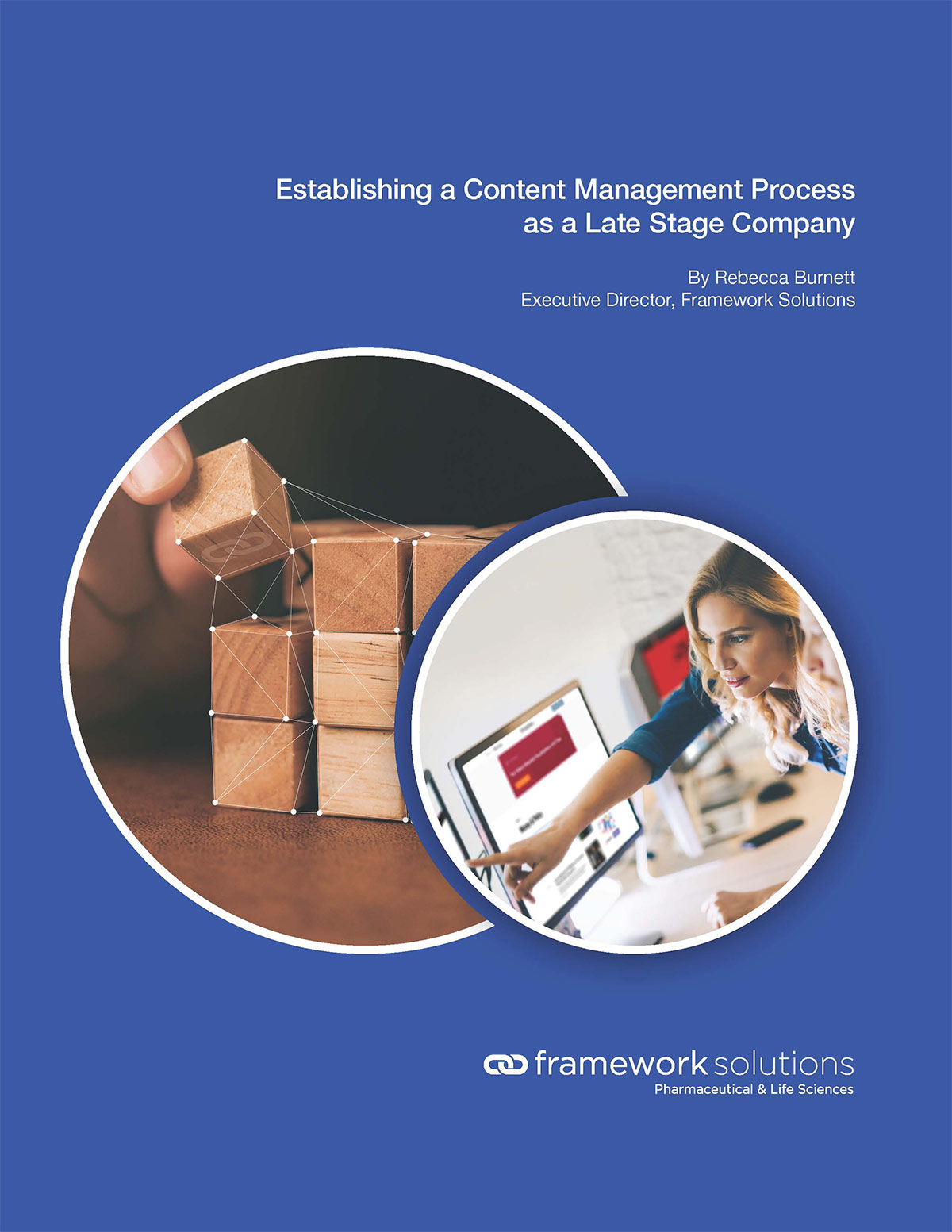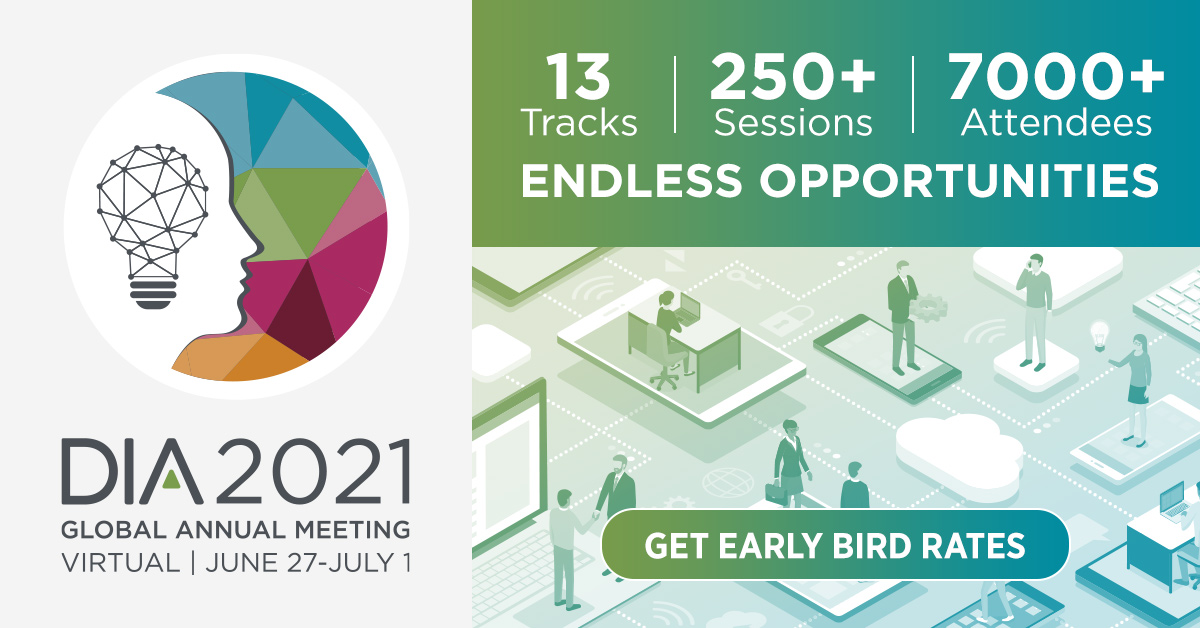Table of Contents
EXECUTIVE LEADERSHIP
Subscribe
Love Global Forum‘s new online format? Subscribe today and never miss an issue.
Editorial Board
Content stream editors
Gary Kelloff US National Institutes of Health
David Parkinson ESSA Pharma, Inc.
regulatory science
Yoshiaki Uyama Pharmaceuticals and Medical Devices Agency (PMDA)
Adora Ndu BioMarin Pharmaceutical, Inc.
Patient engagement
Deborah Collyar Patient Advocates In Research (PAIR)
Lode Dewulf Corvalus
VALUE AND ACCESS
Monika Schneider Shionogi
Editorial Staff
Alberto Grignolo, Editor-in-Chief Parexel International
Ranjini Prithviraj, Global Associate Director, Content Collaboration DIA Scientific Communications
Sandra Blumenrath, Science Writer DIA Scientific Communications
Chris M. Slawecki, Senior Digital Copyeditor DIA Scientific Communications
Regional Editors
David Mukanga Bill and Melinda Gates Foundation
ASEAN
Silke Vogel Duke-National University of Singapore Medical School
AUSTRALIA/NEW ZEALAND
Richard Day University of New South Wales, Medicine, St. Vincent’s Hospital
CANADA
Judith Glennie JL Glennie Consulting, Inc.
Megan Bettle Health Canada
CHINA
Ling Su Shenyang Pharmaceutical University, Lilly Asia Ventures
Europe
Thomas Kühler Sanofi R&D
INDIA
J. Vijay Venkatraman Oviya MedSafe
JAPAN
Akiko Ikeda Janssen Pharmaceutical K.K.
LATIN AMERICA
Cammilla Gomes Roche
MIDDLE EAST
Inas Chehimi Novartis
USA
Ebony Dashiell-Aje BioMarin
Young Professionals Editor
DIA Membership
Bringing together stakeholders for the betterment of global health care.
Executive Leadership

Alberto Grignolo
Global Forum
Editor-in-Chief
Fellow of DIA
he title of this piece might well refer respectively to 2020 and 2021 (if that had been my intent, I might have titled it Good Riddance and Finally! But it was not).
Rather, as 2020 has come to a close and 2021 has arrived, let’s avoid the much-overused terms used to describe the year just past, and simply thank each of our Editors and numerous Authors for helping make our monthly online publication successful and read regularly all around the world. Indeed, our readership outside US and Canada is routinely half (forty to fifty percent) of the total. We are indeed global, thanks to all of our Editors/Authors and to all of our readers.
We realize that regular contributions to Global Forum require our Editors’ and Authors’ time and effort. We also realize that they have regular jobs, and that this volunteer activity is an additional demand on their busy schedules. For these reasons, we (and our loyal readers) are deeply grateful to them.
s the world deals with the devastating impacts of COVID-19, another public health threat grows increasingly urgent: antibiotic-resistant bacteria. The US Centers for Disease Control and Prevention estimates at least 2.8 million antibiotic-resistant infections occur in the US annually, and more than 35,000 people die. At the same time, investments in new antibiotics to meet the threat are faltering, potentially reducing patient access to life-saving treatments. Fortunately, policy solutions are beginning to emerge.
![]() Podcasts
Podcasts
Found in Translation: A Tumultuous Year in Review
G. Kelloff
D. Parkinson
he European Union Clinical Trial Regulation 536/2014 (EU-CTR) aims to standardize and harmonize the conduct and management of interventional clinical trials across the European Economic Area (EEA), with legally binding rules on requirements and increased transparency.
- submit, evaluate (via scientific and ethical review), and authorize clinical trial applications (CTAs);
- submit any trial-related notifications, reports, and results, up to the clinical study report; and
- serve as the single communication channel between the sponsor and the Member States Concerned (MSC) in the clinical trial.
![]() Podcasts
Podcasts
Biosimilar Awareness, Access and Savings Continue to Grow
Hillel Cohen
- Information that is factually incorrect
- Information that is factually correct BUT provided out of context
- Incomplete information providing only a partial or limited set of facts
- Factual references used to support incorrect conclusions (create false narrative)
- Negative framing of factual references to create negative perceptions.
To learn more about the growing global biosimilars market, listen to our podcast with Dr. Cohen below.
How a pandemic-inspired model for clinical trials will impact clinical research in 2021
This two-part feature provides a deep-dive into how a decentralized model will shape the clinical environment in 2021…and beyond.
Flexibility Inherent in a Decentralized Trial Model Will Drive Widespread Adoption
The promised decentralized trial revolution has gained traction in 2020, but we have significant progress to make. Industry wide, the decentralized approach to clinical trials is philosophically embraced for all its advantages but operationalizing the model–particularly mid-flight on studies–requires a commitment to overcoming fear of change. The model’s inherent flexibility will be instrumental to calming any concerns and will drive widespread adoption through 2021.
How a Pandemic-Inspired Model for Clinical Trials Will Impact Research in 2021
Ready or not, the COVID-19 pandemic ushered in a new era of clinical research, the biggest advantages of which are just beginning to surface. In 2021, the life sciences industry will see more remote trial designs adopted by a larger and broader group of sponsors, sites, and patients. As a result, patient access and participation will rise to rates never seen before, more real-world evidence will be captured to enable better outcomes for more indications, and dramatic trial efficiency gains will enable more life-saving therapies to reach more people faster and for less.
White Paper
White Paper
Proceedings: DIA China 2020
Proceedings from DIA China 2020
Proceedings: DIA China 2020
Boehringer-Ingelheim
onversations about the use of “big data” in clinical research and care have also triggered discussions about the relationship between real-world data (RWD), real-world evidence (RWE), and randomized clinical trials (RCTs). The session Real-World Data (RWD) Management and Application in Clinical Research continued these discussions at DIA China 2020.
Proceedings: DIA China 2020
Beigene
ancer has been sometimes viewed as more of an ecosystem (in which patients, healthcare professionals, researchers, industry, regulatory authorities, and payers transfer demands and values to and from each other) than a malignant disease. Due to the vast and increasing disease burden attributable to cancer in China, prevention and treatment of cancer has been listed as one of the fifteen goals in the Health China Action Plan released by the Chinese State Council in July 2019.
Around the Globe
igital Therapeutics or DTx, defined as “software as medical device” by the FDA and International Medical Device Regulators Forum (IMDRF), continue to gain traction. According to the Digital Therapeutics Alliance, a non-profit trade association based in the US, Digital therapeutics (DTx) delivers evidence-based therapeutic interventions to patients, driven by high quality software programs to prevent, manage, or treat a broad spectrum of physical, mental, and behavioral conditions.
![]() Podcasts
Podcasts
Around the Globe
CECMED Cuba
FIFARMA
he report of PANDRH’s Certificate of Pharmaceutical Product (CPP) Project represents the most far-reaching study carried out in the area, a step forward in closing the gaps, and a new opportunity to discuss the healthcare value of CPP in regulatory processes in the Americas.










